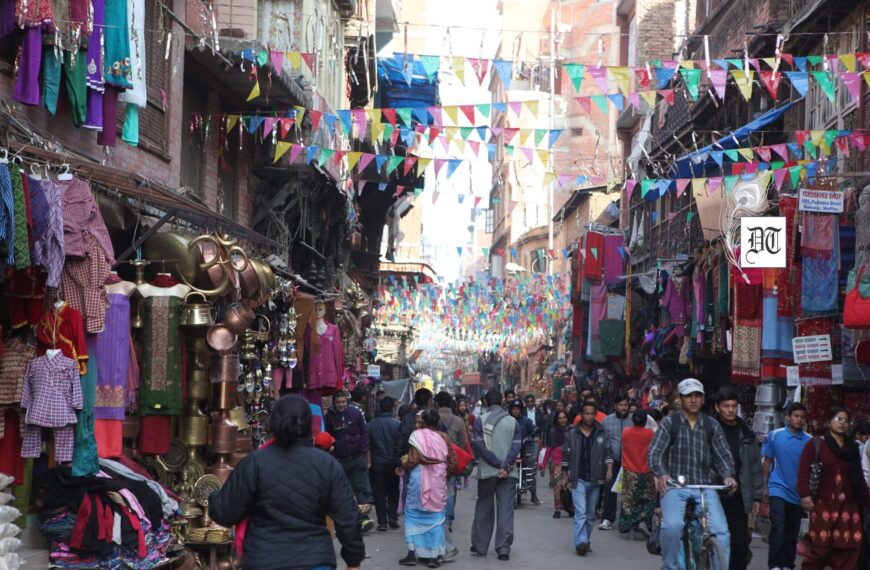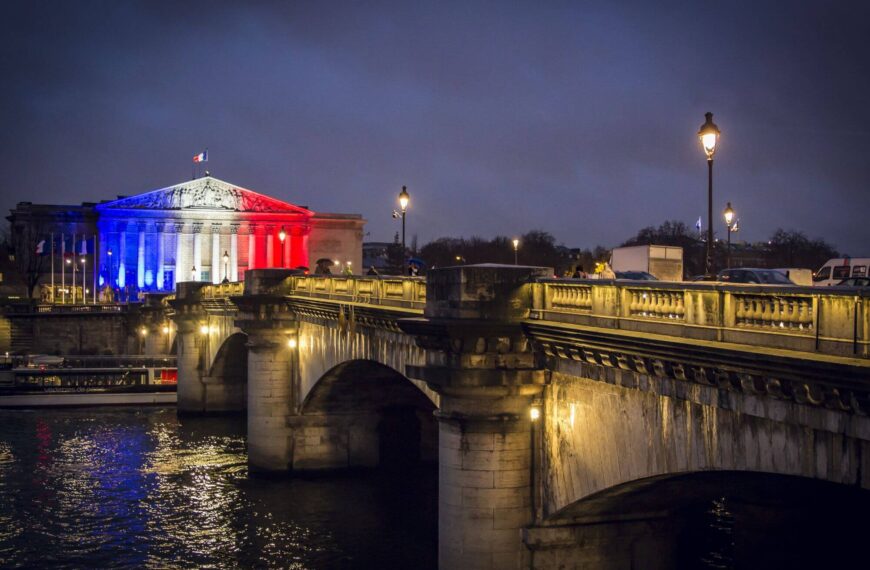Much has been written about the significance of the Karnataka developments for the wider Indian politics, and whether it signifies the coming together of the major opposition parties to take on the all-powerful might of Narendra Modi-Amit Shah duo. But what is of equal importance is the critical role of the Courts to remain vigilant, in order to ensure that the constitutional and parliamentary norms are not violated with impunity, as was done in Karnataka, as also in Uttarakhand, and Arunachal Pradesh, by the ruling political regime. An analysis, for Different Truths.
The last week in the Indian politics has witnessed tectonic shifts, in terms of political alliances, increased questioning of the Governor’s independence, and the role of the Courts in ensuring that the legislative institutions do not lose their sanctity, and all happened in the backdrop of the much-hyped Karnataka elections. On 15th May 2018, when the results came in, it became clear that no political party had got a majority, though BJP emerged as the single largest party with 104 seats, followed by Congress (78), and Janata Dal (Secular) at 37 seats. In a dramatic twist, the Congress offered unconditional support to the JD(S) to form a post-poll alliance, and to stake a claim as a coalition government headed by JD(S) leader, H.D. Kumaraswamy, and along with two independents, they had the support of 117 MLAs. However, despite not having a majority, the BJP was invited by the Governor, Vajubhai Vala, a longtime associate of the Prime Minister, Narendra Modi, on the night of 16th May 2018 and the swearing-in was scheduled on 17th May at 9 am, apparently to ward off an urgent legal challenge to the Governor’s decision by the Congress-JD(S) alliance. The Governor also gave 15 days to the BJP government to prove their majority in the house, thereby giving rise to huge speculations in terms of horse trading, and bribery to poach MLAs from the opposition.
Left with no choice, the Congress knocked on the doors of the Supreme Court on the midnight of 17th May, and a three-judge bench of the Court comprising Justice A.K. Sikri, Justice S. Bobde and Justice Ashok Bhushan heard the counsels for almost three hours, but they refused to stay the swearing in of B.S. Yeddyurappa, but made the swearing-in subject to the final decision. The Court also asked the Attorney General to produce the two letters submitted to the Governor by the respective parties claiming majority support. The Bench stated that it wanted to ensure that the Governor had taken the decision after being informed about the situation in toto. Thereafter, the Supreme Court heard the matter at length on 18th May. Congress argued that the Governor’s decision was totally illegal since he had the Congress-JD(S)’s letter claiming the support of 117 MLAs with their signatures. Appearing for three BJP MLAs, Mukul Rohtagi argued that the Governor had the discretion to invite the single largest party to form the government, and the said discretion could not be questioned. Both parties referred to the principles laid down in the Sarkaria Commission Report, which act as a guide to the Governors to decide who to call to form the government, in cases of hung assemblies, which are:
- An alliance of parties that was formed prior to the elections
- The single largest party staking a claim to form the government with the support of others, including independents
- A post-electoral coalition of parties, with all the partners in the coalition joining the government
- A post-electoral alliance of political parties, with some of the parties in the alliance forming a government and the remaining political parties, including independents, supporting the government from outside.
The Court then noted that these principles are mere recommendations, and the Court would like to lay down the law in these matters. It also stated that the issue whether the Governor’s decision to call BJP was valid in law or not would take time to decide, but the immediate requirement was to have the floor test to ascertain which party had the majority. The Court then directed that the floor test would happen next day (19th May 2018) at 4 pm, and a pro-tem speaker would be appointed for this purpose. All MLAs would be sworn in before the floor test, and adequate security arrangements would be made in this regard. The Court further denied the plea of the secret ballot in floor test by the Attorney General and noted that the Government would not nominate any Anglo-Indian members till floor test was done, and would not take any major policy decisions. At the same time, the question of the correctness of the decision of the Governor been kept open, and the Court asked the Government to submit their response within six weeks. [Dr. G Parmeshwara v Union of India, Writ Petition (Civil) Diary No.19482/2018, dated 18.05.2018].
After the Court’s order, it was thought that the Governor would follow the constitutional norms and conventions, but that hope was belied. The Governor, in complete violation of the parliamentary convention to appoint the senior most MLA as the pro-tem speaker, appointed the BJP MLA KG Bopaiah as pro-tem speaker for the floor test. Bopaiah was not the senior most MLA, and most importantly, he had a chequered history of being partial towards Yeddyurappa and had illegally disqualified MLAs, which was then struck down by the Supreme Court, who passed strictures against him. Unsurprisingly, the Congress and JDS challenged this decision in the Supreme Court and also asked that the floor test is videographed and that persons who voted a particular way be physically segregated so that they could be counted in a transparent manner. While not getting into the details of the application, the Supreme Court recorded the statement made by Tushar Mehta, appearing on behalf of the Governor and the State Government that there would be live telecast of the proceedings in the legislative assembly in respect of the floor test, to be done by the Secretary of the assembly. Several local news channels would also be given a live feed of the proceedings, in order to enable them to live telecast. [Dr. G Parmeshwara v Union of India, Writ Petition (Civil) Diary No.19482/2018, date of order: 19.05.2018].
After dramatic few hours, the floor test began at 4 pm, when Yeddyurappa resigned saying that he did not have the support of the majority of MLAs, thereby ending the sordid saga of last few days.
Much has been written about the significance of the Karnataka developments for the wider Indian politics, and whether it signifies the coming together of the major opposition parties to take on the all-powerful might of Narendra Modi-Amit Shah duo. But what is of equal importance is the critical role of the Courts to remain vigilant, in order to ensure that the constitutional and parliamentary norms are not violated with impunity, as was done in Karnataka, as also in Uttarakhand, and Arunachal Pradesh, by the ruling political regime. At the same time, the office of Governor is under increased scrutiny for its blatant bias towards the Central Government, and almost acting as a ‘henchman’ of the NDA government. This puts a huge question mark on the federal structure, as well as the unbridled discretion of the Governor in cases of hung assemblies. One hopes that the Supreme Court would lay down clear guidelines in the present case, in order to ensure that the Governor’s power and discretion are not arbitrary, and remain within the constitutional bounds. But one is also distinctly aware that the ruling regime does not care one bit about Supreme Court guidelines or the Constitutional restrictions, and in State after state, it has bulldozed all norms and conventions in its blatant lust for power. In a democracy, this can be reigned in only by the voter, and hopefully, it will be done this time too.
Amritananda Chakravorty
©IPA Service
Photo from the Internet

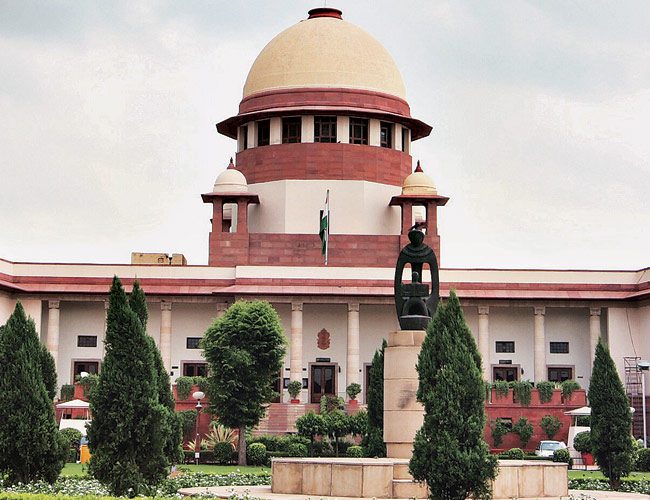
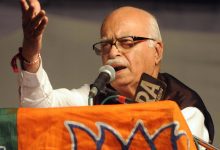
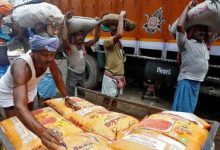

 By
By
